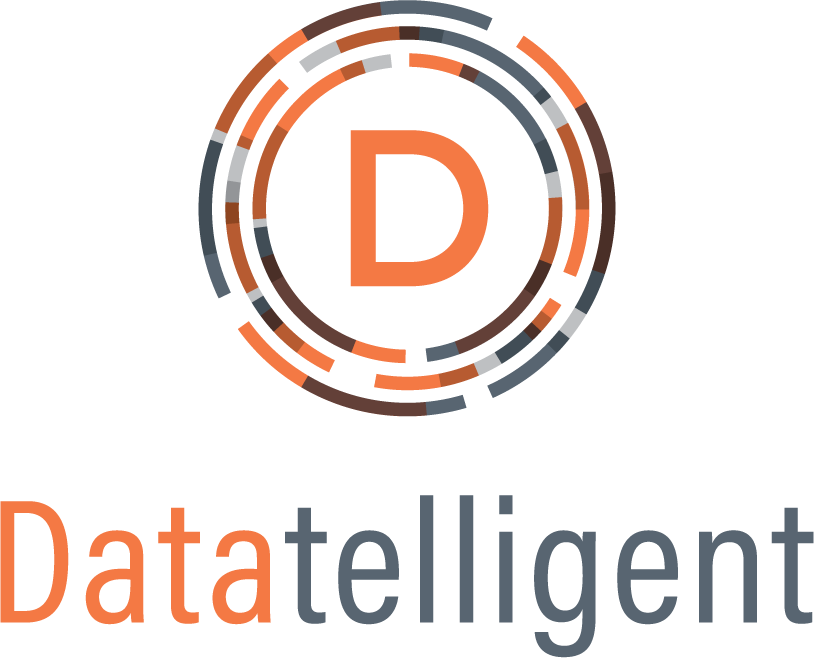Colleges and universities are facing an unprecedented number of challenges that threaten their long-term sustainability. Schools need to strategically assess their programs and operations to optimize their resources, stay competitive, and continue delivering quality educational experiences.
Current Challenges
- Enrollment Cliff: The “enrollment cliff” refers to the anticipated significant decline in high school graduates starting around 2025, mainly due to reduced birth rates following the 2008 economic downturn. Colleges, particularly small liberal arts schools, are already experiencing closures and faculty layoffs as they prepare for this demographic shift. School districts are also slashing budgets and making tough decisions about cuts to programs and services[1][2][3].
- New FAFSA Form Problems: The launch of a new Free Application for Federal Student Aid (FAFSA) form has led to delays and glitches, complicating the financial aid process for many students. As a result, students are now evaluating admission offers without knowing their financial aid packages, which is expected to worsen the enrollment cliff. The impact is most pronounced at more expensive colleges and those with a high percentage of students relying on financial aid. [4].
- Financial Strains: The depletion of COVID-19 relief funds has intensified financial strains on educational institutions. Many schools relied on these funds to cover budget shortfalls during the pandemic, and their absence is now forcing schools to make difficult financial decisions, including cutting programs, reducing staff, and exploring new revenue streams to stay financially stable [1][5].
- Declining Attitudes: There has been a cultural shift in attitudes toward the value of a college degree, particularly in the wake of the COVID-19 pandemic. Many students question whether the high cost of tuition is worth the investment, especially as they see peers finding success through alternative pathways such as vocational training. This skepticism contributes to declining enrollment numbers and is a significant challenge for higher education institutions seeking to attract and retain students[2][3].
Understanding Education Resource Strategies
At Datatelligent, we specialize in data analytics for higher education. We found that colleges and universities can successfully manage and overcome these challenges by developing sound education resource strategies supported by a comprehensive data analytics strategy.
Education resource strategies encompass a range of approaches and methodologies aimed at optimizing the use of financial, human, and physical resources in educational institutions. These strategies ensure efficient and effective allocation of resources to support teaching, learning, and institutional growth.
The Role of Data Analytics in Resource Optimization
Data analytics plays a pivotal role in developing and implementing education resource strategies. Institutions can make informed decisions that align with their strategic goals by analyzing student demographics, enrollment trends, course demand, and resource utilization. Below are a few ways data analytics can enhance education resource strategies:
- Enrollment Management: Predictive analytics can forecast enrollment trends, allowing institutions to plan for fluctuations and allocate resources accordingly, ensuring optimal use of classrooms, faculty, and facilities.
- Curriculum Development: Data-driven insights into student performance and course demand can guide curriculum development, helping institutions identify high-demand courses and areas needing improvement.
- Academic Planning: Effective academic planning is essential for the long-term success of any institution. Data analytics, incorporating regional employer data, can provide insights into future academic and training needs, helping institutions plan for new programs, faculty hiring, and resource allocation to meet future demands.
- Financial Planning: By analyzing financial data, institutions can identify cost-saving opportunities and areas where investments can yield the highest returns. This analysis includes optimizing staffing levels, managing operational costs, and strategically planning capital expenditures.
- Student Support Services: Data analytics can help institutions identify at-risk students and tailor support services to meet their needs. This targeted approach ensures that you allocate resources to interventions that significantly impact student success.
The Future of Education Resource Strategies
As higher education continues to evolve, the importance of effective education resource strategies cannot be overstated. Institutions that leverage data analytics to inform their decision-making processes will be better positioned to navigate future challenges and provide exceptional educational experiences.
At Datatelligent, we are committed to helping higher education institutions harness the power of data analytics to optimize their resources and achieve their strategic objectives. By developing and implementing tailored education resource strategies, we empower institutions to thrive in an increasingly competitive and dynamic environment.
In conclusion, when combined with advanced data analytics, education resource strategies can transform how higher education institutions manage their resources. By making informed decisions based on data-driven insights, institutions can enhance efficiency, improve student outcomes, and ensure long-term sustainability. If your institution is ready to take the next step in optimizing its resources and academic planning, contact Datatelligent today to learn how our solutions can help you achieve your goals.
Citations
[1] Schools are bracing for the looming “enrollment cliff”, Jennifer A. Kingston, Axios, July 3, 2024, https://www.axios.com/2024/07/03/education-enrollment-cliff-schools
[2] 2024 Higher Education Trends, Cole Clark, Megan Cluver, Tiffany Fishman, Danylle Kunkel, Deloitte Insights, April 19, 2024, https://www2.deloitte.com/us/en/insights/industry/public-sector/latest-trends-in-higher-education.html
[3] How Colleges Leverage Data to Retain Students as the Enrollment Cliff Looms, Lauren Glenn Manfuso, EdTech, May 21, 2024, https://edtechmagazine.com/higher/article/2024/05/how-colleges-leverage-data-retain-students-enrollment-cliff-looms
[4] FAFSA completions largely stalled in June, fueling enrollment concerns, Laura Spitalniak, Higher Ed Dive, July 10, 2024, https://www.highereddive.com/news/fafsa-completions-largely-stalled-june-fueling-enrollment-concerns-ncan/720908/
[5] Higher Education Faces Hurdles in 2024, Brian Mitchell, Forbes, February 14, 2024, https://www.forbes.com/sites/forbesbusinesscouncil/2024/02/14/higher-education-faces-hurdles-in-2024/





